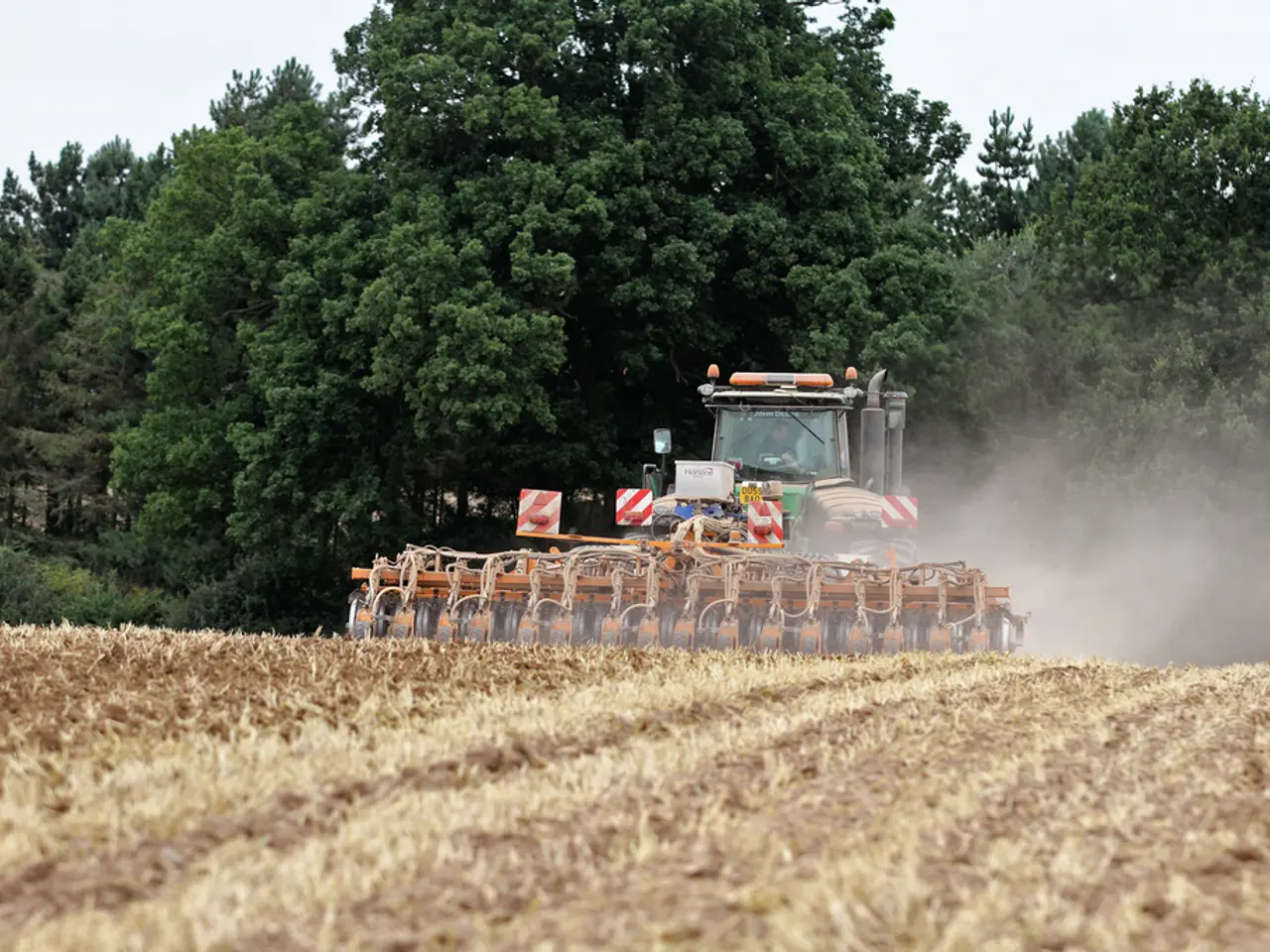Study Aims to Enhance Forestry Worker Safety and Productivity Amidst Mechanization
A comprehensive study at the University of Hildesheim is exploring the world of forestry to enhance worker safety and productivity. The research, a blend of quantitative and qualitative methods, aims to understand stress and fatigue among harvester and forwarder operators, particularly as mechanization increases and work situations evolve.
The study protocol is broad, suggesting analysis of driver tasks, environmental factors, psychophysiological responses, and subjective stress and fatigue. It employs a mix of techniques, including time and space resolved psychophysiology, questionnaires, interviews, and sensor-based analysis. Initial results from real measurements of a forwarder driver have already been gathered.
The rise in mechanization, driven by technological advancements allowing operation on steeper terrain, brings additional challenges and potential hazards for operators. This can lead to higher stress levels, making the study's exploration of the relationship between stress, fatigue, and performed tasks crucial. The ultimate goal is to develop and discuss new methodologies for determining time and space resolved psychophysiology data.
The study, set against the backdrop of Austria's increasing use of fully mechanized harvesting systems, seeks to improve the health and safety of forest workers, boost productivity, and minimize damage to remaining trees. By understanding and mitigating stress and fatigue, the research could significantly impact the forestry industry.





